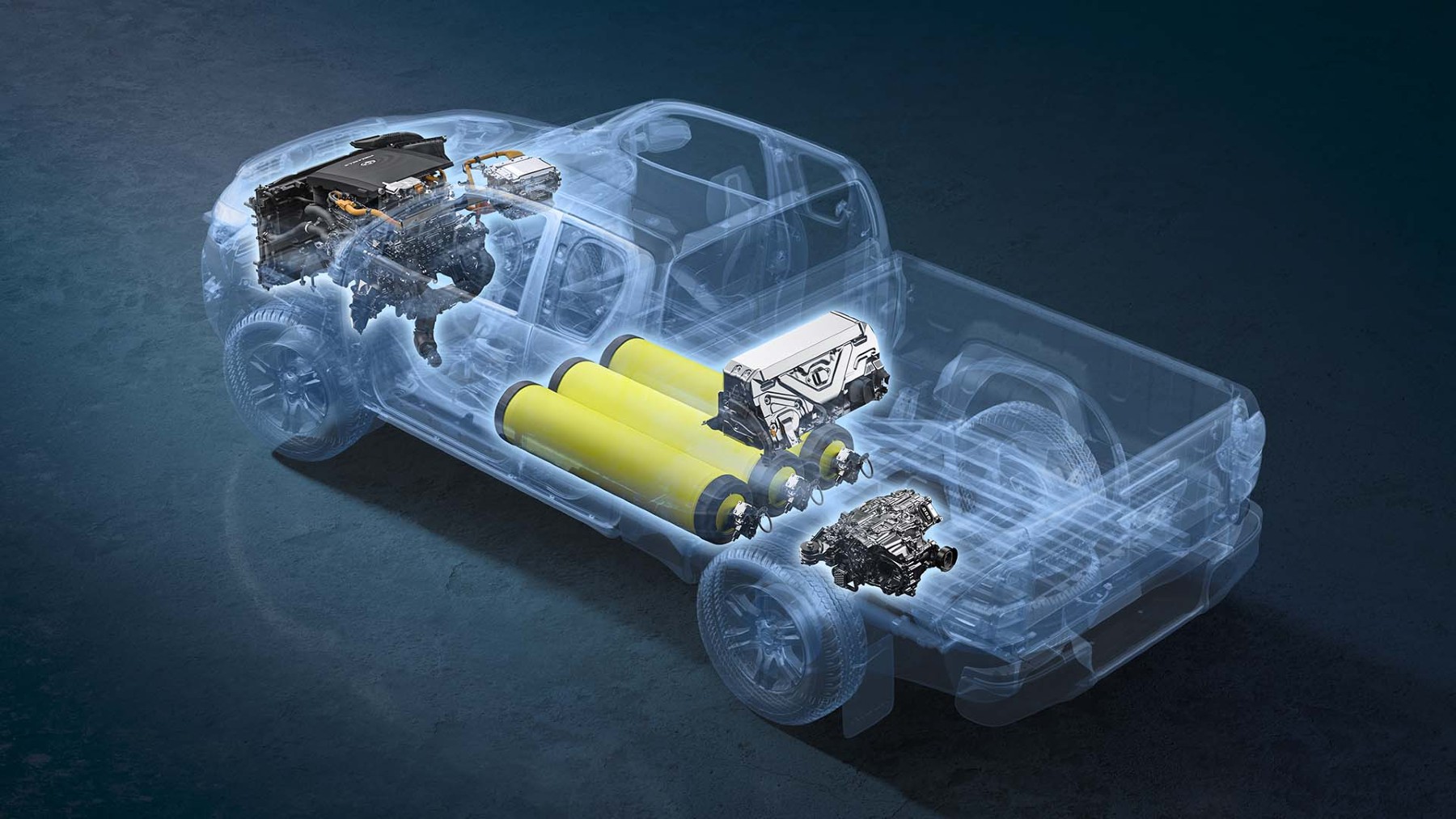
In a surprising move that challenges the global push towards battery electric vehicles (BEVs), Toyota has unveiled its vision for the future of automotive technology: two types of new engines that can be operated from a unique ‘green fuel.’ This statement, made during his three-hour presentation in Tokyo, situates Toyota in the middle of what could be a radical revolution in the way cars are being produced.
Contrary to most of Toyota’s direct rivals, who are mostly focused on pure electric vehicles, Toyota is proposing a dual hybrid, utilizing internal combustion engines with ECES (eco-friendly fuels) and electric motors. The above attack plan may likely alter the face of sustainable transport and set the stage for change for not only BEVs and FCEVs.
Unveiling Toyota’s Revolutionary Green Engines: A Bold Step Towards Carbon-Zero
In a recent Toyota presentation, they released what they regard as an engine reborn by using green fuels such as hydrogen and bioethanol. All these efficient ideas are still underway, and their main objective is to create small, thin and more efficient engines that might be connected to electric motors without generating emissions to create a hybrid engine.
Toyota’s Chief Executive Koji Sato addressed the matter, noting that these engines are appropriate for the ‘electrification age’ and fit its net carbon-zero plan. Toyota has intended to release another category of internal combustion engine car, a hybrid between the normal class of car and purely electric car, which also gives consumers variety in fuel-efficient vehicles.
Toyota’s Strategic Partnerships: Subaru and Mazda Join the Green Revolution
It must be noted that Toyota was not run by the CEO alone, just like every other firm that is not run by its head. Domestic partners such as Subaru Corp. and Mazda Motor Corp. joined the company in developing their ecological engines for future emissions standards. The fact that such a successful resolution of the working collective exists proves that there may be possibilities for adjustment and innovations on the industrial level.
Mazda released its plans to use rotary engines for electric vehicles, while Subaru presented the horizontally opposed piston configuration. The response of several automobile manufacturers indicates that Toyota’s green fuel concept may influence all brands within the automotive industry and the fundamental characteristics and environmental approaches displayed in future automobiles.
Toyota’s Green Fuel Vision: Balancing Economic and Social Impacts for a Better Future
Toyota’s adoption of green fuel technology shows a comprehension of the environmental, economic, and social impacts of an aggressive shift to BEVs. The company also emphasized that energy supply conditions differ worldwide, so having many products for different customers is very beneficial. Moreover, Toyota emphasized that the affordability of BEVs requires huge amounts of capital and impacts employment in automobiles.
Since 5 million jobs are undefined in Japan’s vehicle production, Toyota asserts that shifting towards green fuel technology is more financially and socially preferable than changing to all-electric devices at such short notice, as it will create many job leverages that the unemployed can use to reduce the unemployment rate in the country and increase the production rate.
Toyota’s Green Fuel Strategy: Paving the Way for a Sustainable Automotive Future
Thus, it can be deduced that how Toyota has presented its green fuel engine technology as a measure to foster its policy and forest conservation aim can be said to be a great innovation towards reversing the effects of environmental impact in this industry. The car manufacturing giant known as Toyota has embarked on a strategy of refining the internal combustion engine, developing new generations of green fuels and hybrids that this car manufacturer believes counterbalance the drive for Battery Electric Vehicles.
This strategy addresses environmental problems and uses economic and social aspects of the transition to electric cars within countries. As much as discussions regarding what kind of automotive technology will be available in the future are frequently carried out, Toyota’s green fuel concept is convincing enough to picture the conceivable future of the universally endurable combustion engine for the environmentally conscious world.
Currently, climate change is a big challenge that the automotive industry is facing, and hence, in the future, Toyota may present a significant solution to the challenge affecting automakers. Whether this will mean that FCEVs and EVs as we know them are soon to become extinct, well, only time will tell on that score, but what Nissan has done does offer a new and really quite stimulating slant on the continuing global debate about EVs that is for sure.
